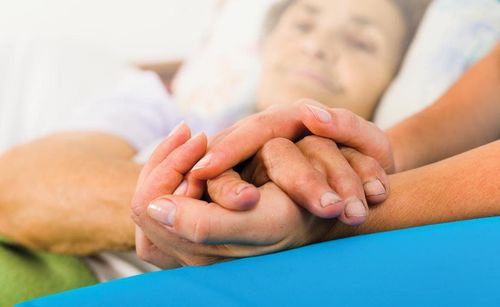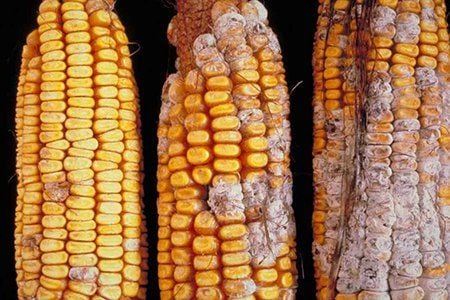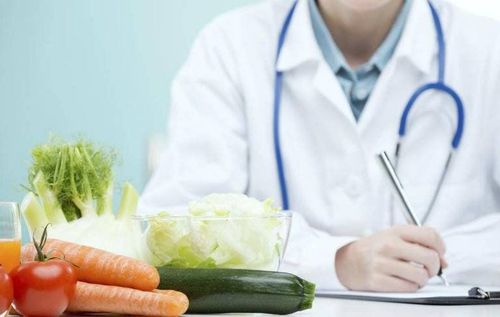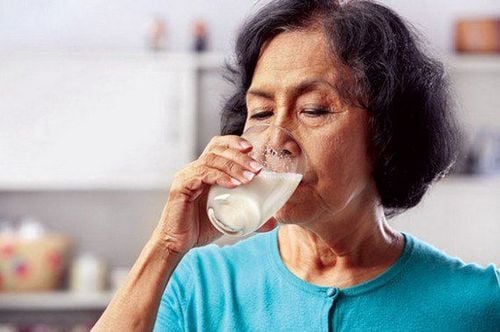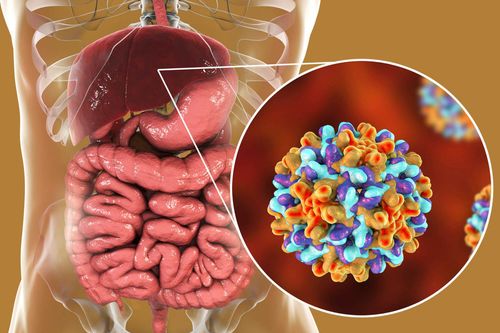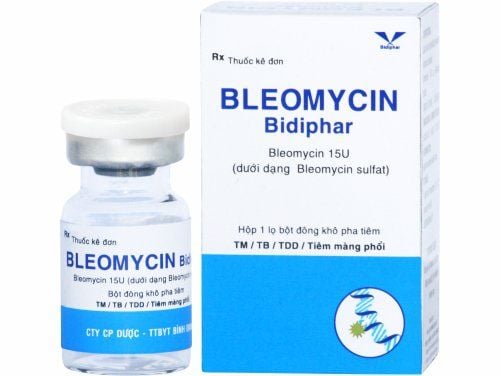This is an automatically translated article.
The article was professionally consulted by Specialist Doctor I Le Thien Quang - Internal Oncologist - Department of Examination & Internal Medicine - Vinmec Danang International General Hospital. The doctor has more than 15 years of experience in the field of examination and diagnosis of oncological diseases and methods of radiation therapy, chemotherapy, targeted therapy and palliative care.Most people with cancer only focus on the treatment of the disease, but forget that adding nutrients to the daily diet is also very important to improve health.
1. Nutritional recommendations in cancer treatment
People with cancer need to maintain a healthy body weight and include nutrient-rich foods in their daily diet. Sometimes the side effects of surgery, radiation, immunotherapy, and chemotherapy can cause a person to experience loss of appetite, uncontrolled weight loss, and weakness, exhaustion, and fatigue. To help cancer patients find life balance, here are some general nutritional recommendations for people undergoing cancer treatment:Maintain a healthy weight: get enough calories each day Supplement nutrients Essential for the body include proteins, carbohydrates, fats and water. Keep a positive attitude: walk daily, practice meditation, yoga, breathing exercises.
2. How to get essential nutrients
For cancer patients, their appetite may not be good or they often experience anorexia, so nutrition counseling is an essential step in caring for the patient. Nutrition counseling can help people with cancer add essential nutrients, such as protein, vitamins and minerals, thereby helping the patient's body to be healthier and fight the disease well. than.Caregivers should cater to the patient's taste, dividing the meals into small portions so that the patient can easily absorb nutrients. People who are undergoing cancer treatment should also work hard to move their bodies, lie down less often in one place so that their bodies are comfortable, their minds relax, and they avoid thinking too much, which will help them achieve highly effective treatment results.
In order to fully supplement the essential nutrients for the body, the following instructions should be followed:
Supplement with multivitamins or vitamins and minerals that the body does not receive enough. Supplement liquids and snacks with a variety of nutrients Choose foods that are right for your body
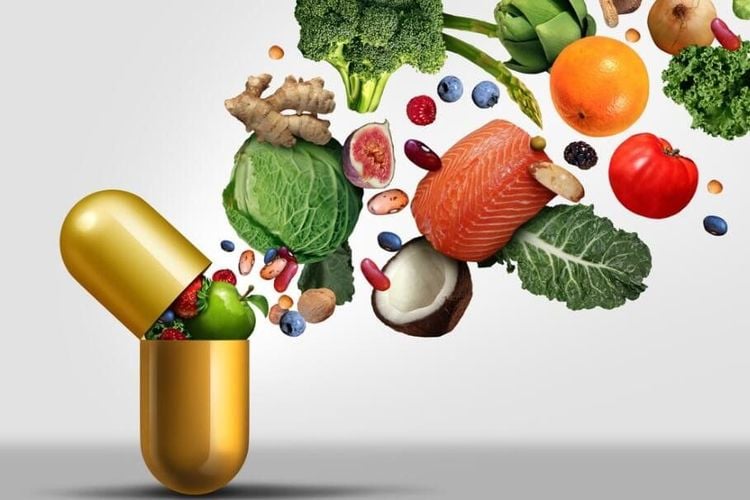
Protein: Protein is mostly found in meat, shrimp, crab, and fish. These are foods rich in amino acids, which are essential for the body. It is necessary to diversify foods and diets to ensure a balance between animal and vegetable proteins. Choose white meats like poultry; red meats rich in iron and zinc such as beef, lean pork; or other seafood and molluscs. Starch: often found in whole grains such as rice, corn, wheat, barley, or tubers such as potatoes, sweet potatoes, cassava, .. should avoid eating processed foods containing simple sugars or foods that contain additives and preservatives, as these are unsafe foods, can make cancer worse. Fat: is a substance that provides a high source of energy, helping to form the cell structure of the body. It is recommended to add a certain amount of lipids to the daily diet, keeping in mind that the content of unsaturated fatty acids does not exceed 50% of the total energy. Vegetables: in vegetables and fruits contain high levels of vitamins, which are very beneficial to the health of the patient. Should choose fresh vegetables and fruits that are clean, hygienic, safe and stored in cold conditions so as not to lose vitamin content during processing as well as preliminary processing and preservation.
3. Some other nutritional recommendations for cancer patients
Cancer treatment often causes side effects, such as nausea, sores in the lining of the mouth, and changes in taste. These side effects can make it difficult to eat or drink. Follow these tips to help improve your appetite as well as get the nutrients your body needs:Gargle before eating Replenish fluids through foods and drinks such as soups, watermelon, drink tea, milk. If your mouth hurts, choose non-spicy foods until the wound heals. Eat 6 small meals a day instead of 3 large meals to provide the full amount of calories needed for the day. Eat a variety of foods that are suitable for your body.

Eat soft foods or processed with water, eat more sour fruits to increase salivation Do not eat too much sugar Eat chilled desserts Hygiene Clean your teeth and rinse your mouth at least 4 times a day Drink lots of water and take small sips for a few minutes
4. Notes when using dietary supplements
Sometimes overdosing on nutrients such as multivitamins can be harmful to the body. Many people wonder if this will affect cancer treatment. Consult your doctor before you use any supplements.The following questions can be asked of a healthcare professional about dietary supplements:
What are the benefits of taking this dietary supplement? Does it cause any side effects? Is it risky to take it? Can dietary supplements interfere with cancer treatment? How much and for how long?
5. Food safety

Wash your hands before and while you prepare food Wash vegetables and fruits thoroughly before eating them. Safe handling and storage of food Use separate cutting boards for meat and vegetables Store meat and fish on the bottom shelf of the refrigerator Do not thaw foods with warm water Eat fully cooked foods. Do not eat or drink unpasteurized food. Make sure the food you buy has not passed its expiration date and follow instructions on how to properly store it.
6. Diet and nutrition after treatment
According to research, a healthy diet has an impact on the survival rate of cancer patients. People after cancer treatment may face other health conditions such as heart disease, type 2 diabetes and weakened bones.To reduce the risk of other diseases, doctors often advise cancer survivors to follow general recommendations for good health. These include eating a nutrient-dense diet, eating plenty of fresh fruits and vegetables, quitting smoking, maintaining a healthy weight, minimizing alcohol and staying physically active.
Please dial HOTLINE for more information or register for an appointment HERE. Download MyVinmec app to make appointments faster and to manage your bookings easily.
Articles refer to the source: Cancer.net





